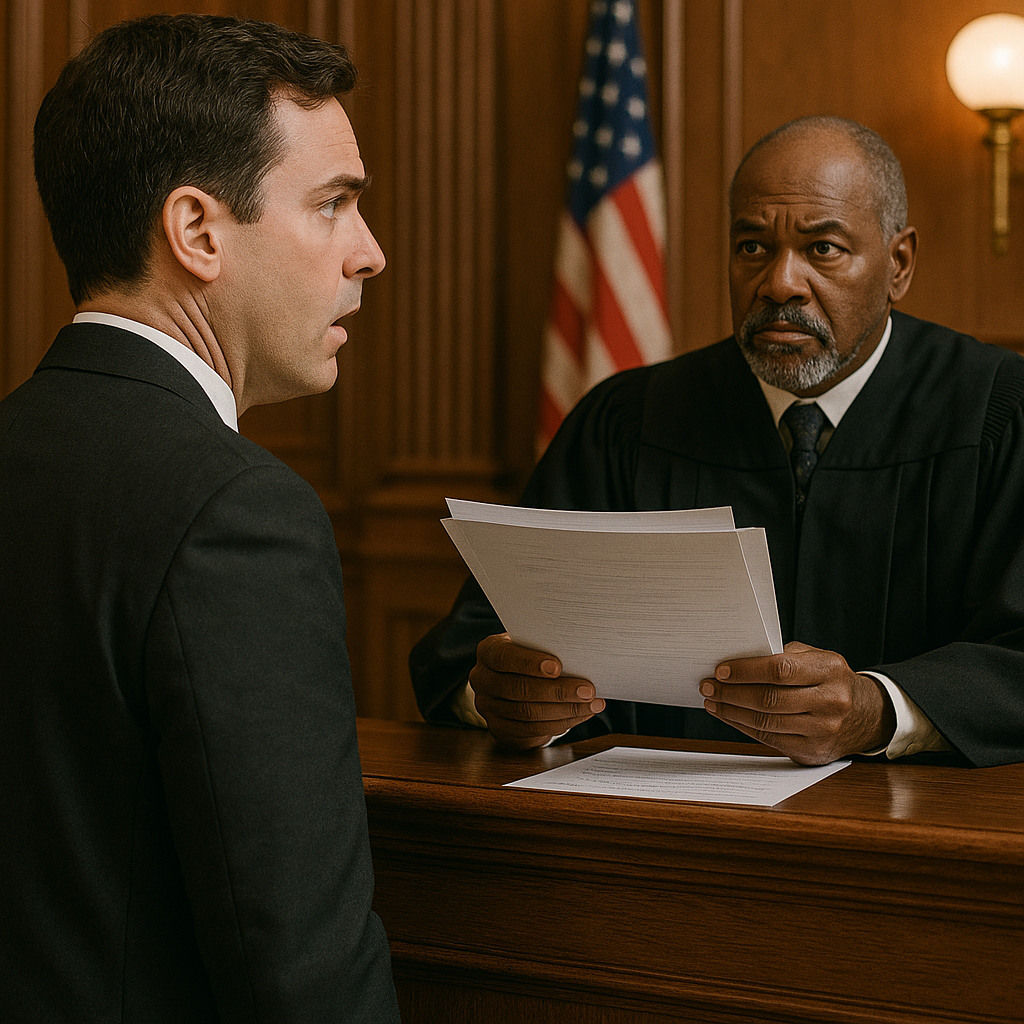The property insurance policy calls for a court to appoint umpires. Parties typically file a petition to appoint an umpire and then a request to confirm the appraisal award after the appraisal panel renders a decision. A reader of this blog asked me to comment on the following ruling from a recent Florida appellate case:1
State Farm Florida Insurance Company (‘State Farm’) appeals the final judgments entered in four related cases that confirmed appraisal awards set by a court-appointed umpire. State Farm also appeals the denial of its motion to overturn those same umpire awards in each case. We find that the trial court lacked subject-matter jurisdiction in these cases and that accordingly, all orders entered below, including the final judgments confirming the appraisal awards, are void.
…
Contrary to the initial position taken by State Farm in this appeal, subject-matter jurisdiction cannot be conferred by agreement of the parties, and we find State Farm’s argument that the language of the policy gave the court the necessary jurisdiction to appoint an umpire wholly unpersuasive.
So, how does a party appoint an umpire and then make certain the appraisal award is paid? The appellate court noted that the problem is the manner of pleading, and all the parties have to do is correct the substance of what is filed to prevent this from happening in the future:
Rather than file a breach of contract action or a complaint for declaratory relief (either of which could have been among the ‘class of cases’ over which the circuit court would have had subject matter jurisdiction), State Farm opted to file a non-existent cause of action to simply appoint an umpire. As recently explained by our sister court addressing a similar petition, ‘Florida Statutes describe many different civil petitions that litigants may avail themselves of, but a petition to compel appraisal with a disinterested appraiser is not (yet) one of them. Nor is there a recognized common law cause of action for this kind of discrete claim.’ State Farm Fla. Ins. v. Parrish, 312 So. 3d 145, 148 (Fla. 2d DCA 2021). A year ago, our sister court concluded that this ‘would seem to be problematic.’ Id. Our sister court was right.’
This case is an important lesson for attorneys. Courts can appoint umpires and enforce the appraisal panel awards—assuming the attorneys retained do their jobs properly.
If you have questions on this, please contact a Merlin Law Group attorney for the options on how to handle cases where the court is going to appoint an umpire. There are important legal considerations that have a huge impact on appraisal. For those who say that going to appraisal is the best method to resolve differences of value without explaining the issues of the umpire selection, I suggest you include a competent and experienced attorney in that discussion so the policyholder can make the best-informed decision.
Thought For The Day
It’s the little details that are vital. Little things make big things happen.
—John Wooden
1 State Farm Fla. Ins. Co. v. Roof Pros Storm Div., 346 So.3d 163 (Fla. 5th DCA 2022).




